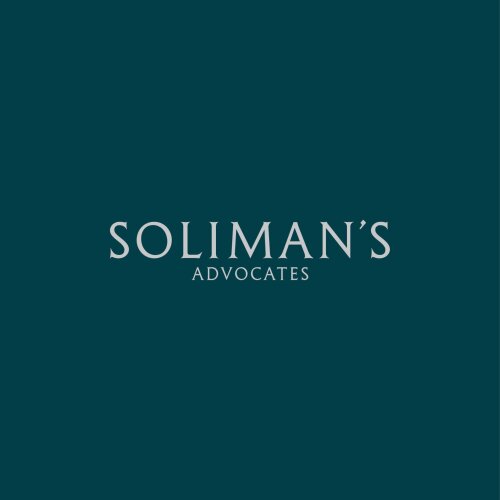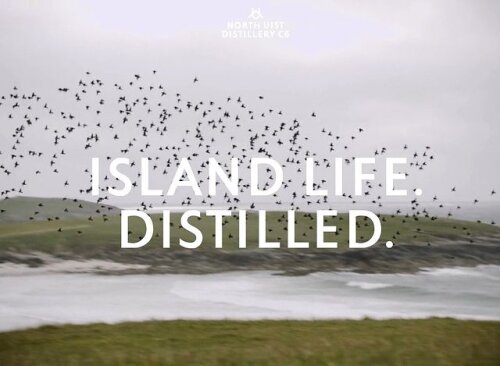Best Copyright Lawyers in London
Share your needs with us, get contacted by law firms.
Free. Takes 2 min.
List of the best lawyers in London, United Kingdom
United Kingdom Copyright Legal Questions answered by Lawyers
Browse our 1 legal question about Copyright in United Kingdom and read the lawyer answers, or ask your own questions for free.
- A website published my thesis as their work
- I finished my master degree In 2013 and I found a writing service for students website that did minor changes to my thesis and published as their own in 2017
-
Lawyer answer by Δικηγορικό Γραφείο Ηλία Τζερεμέ - Ilias Tzeremes Law Office
According to Greek Intellectual Property Law, you shall claim a huge compensation, because only the author maintains the right to manage his/her thesis. Moreover, braking Copyright constitutes a felony, punishable with up to 15 years of imprisonment
Read full answer
About Copyright Law in London, United Kingdom
Copyright law in London, as throughout the United Kingdom, offers protection for 'original artistic works'. These can include novels, paintings, films, music and even computer programming code. Copyright gives the creator exclusive rights over their work for a fixed period of time, typically the length of the creator's life plus seventy years. These rights prevent others from using, distributing, or making adaptations of the work without the owner's consent.
Why You May Need a Lawyer
You may need a copyright lawyer in scenarios such as when your copyrighted work has been reproduced, distributed, performed, publicly displayed, or made into a derivative work without your permission. If you want to grant someone else the right to use your work under certain terms and conditions or transfer your copyright to another person or organisation, you will also need legal assistance. Lawyers also aid in cases of copyright disputes, for example if someone else is claiming ownership of a work that you have created.
Local Laws Overview
The main legal framework for copyright issues in the United Kingdom is the Copyright, Designs and Patents Act 1988. This Act specifies that copyright comes into existence as soon as there is a record, in any form, of what has been created. There is no official registration system. Anything you create is subject to copyright protection. It also includes measures against circumvention of technological copyright protection and falsely applying copyright notices.
Frequently Asked Questions
1. How long does a copyright last?
In the United Kingdom, copyright typically lasts for the life of the author plus 70 years. However, the duration can vary depending on the category of the work.
2. How do I register my work for copyright?
There is no official registration system in the UK - as soon as your original work is created and it is in a tangible form (written down or recorded in some way), it’s automatically protected by copyright.
3. Can I use copyrighted material if I acknowledge the source?
Acknowledging the source doesn’t negate the need for permission. The use of copyrighted material without authorisation or a valid exception (e.g. fair dealing for the purpose of research or private study) may still infringe copyright.
4. What is “fair dealing”?
Fair dealing is a legal term used to establish whether a use of copyright material is lawful or it infringes copyright. There is no statutory definition of fair dealing - it will always be a matter of fact, degree and interpretation in each case.
5. What happens if I infringe someone’s copyright?
Copyright infringement can have both civil and criminal consequences. The copyright owner can sue for damages or loss of earnings deriving from your unauthorised use, or an injunction to stop you from continuing to use their work. Criminal charges can be severe, and potentially result in fines or imprisonment.
Additional Resources
For additional support and resources, the Intellectual Property Office (IPO) in the UK is key. They provide detailed guides on copyright law and practice. You may also want to consult with a law firm specialising in copyright law or intellectual property rights.
Next Steps
If you need legal assistance regarding copyright, you should consult with a legal professional specialising in copyright law. They can provide you with tailored advice based on your specific circumstances. Remember to bring any relevant documents, evidence, or details about the copyrighted work and the alleged infringement. A thorough understanding of your situation will lead to more accurate and helpful advice.
Lawzana helps you find the best lawyers and law firms in London through a curated and pre-screened list of qualified legal professionals. Our platform offers rankings and detailed profiles of attorneys and law firms, allowing you to compare based on practice areas, including Copyright, experience, and client feedback.
Each profile includes a description of the firm's areas of practice, client reviews, team members and partners, year of establishment, spoken languages, office locations, contact information, social media presence, and any published articles or resources. Most firms on our platform speak English and are experienced in both local and international legal matters.
Get a quote from top-rated law firms in London, United Kingdom — quickly, securely, and without unnecessary hassle.
Disclaimer:
The information provided on this page is for general informational purposes only and does not constitute legal advice. While we strive to ensure the accuracy and relevance of the content, legal information may change over time, and interpretations of the law can vary. You should always consult with a qualified legal professional for advice specific to your situation.
We disclaim all liability for actions taken or not taken based on the content of this page. If you believe any information is incorrect or outdated, please contact us, and we will review and update it where appropriate.














